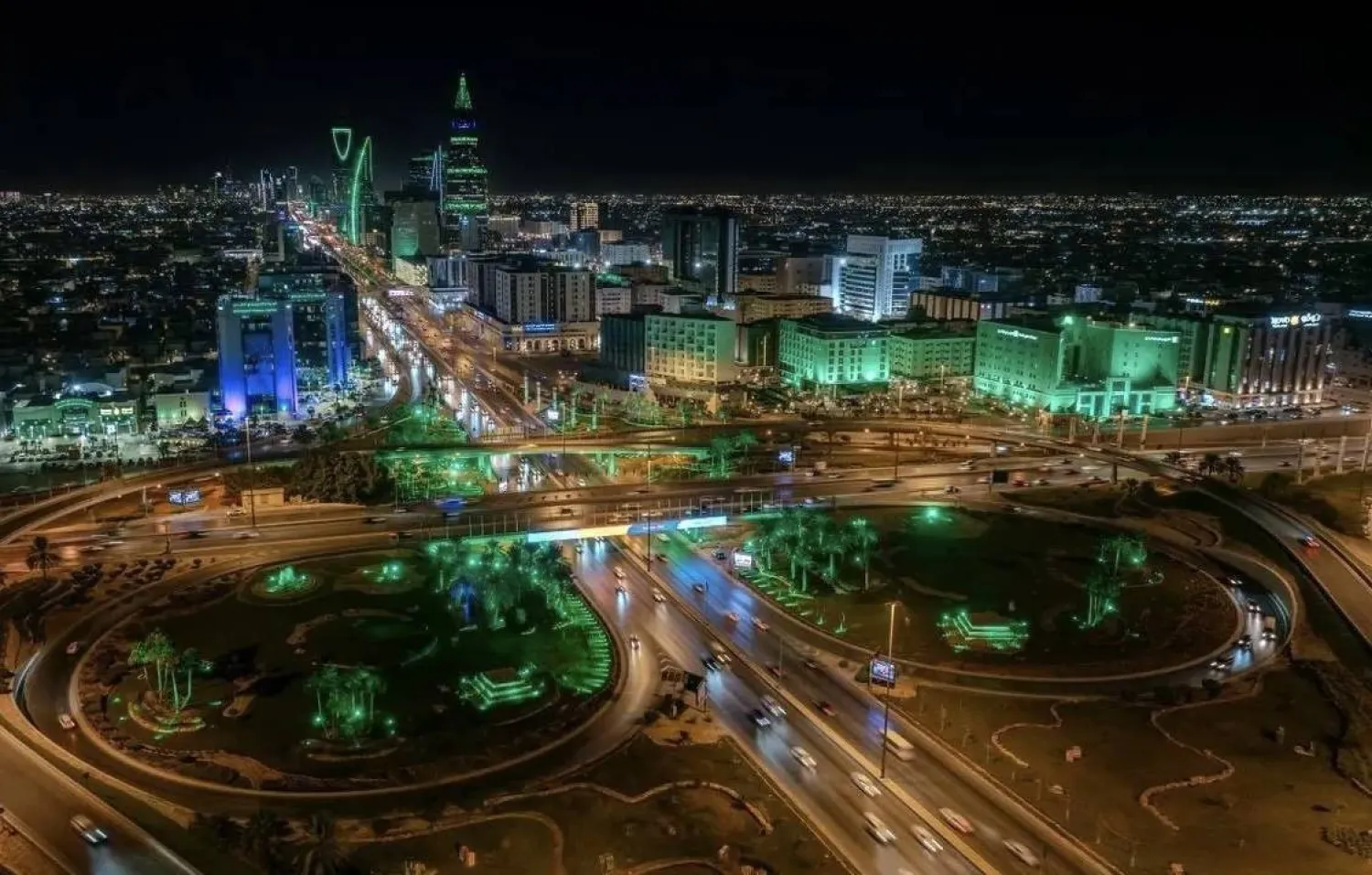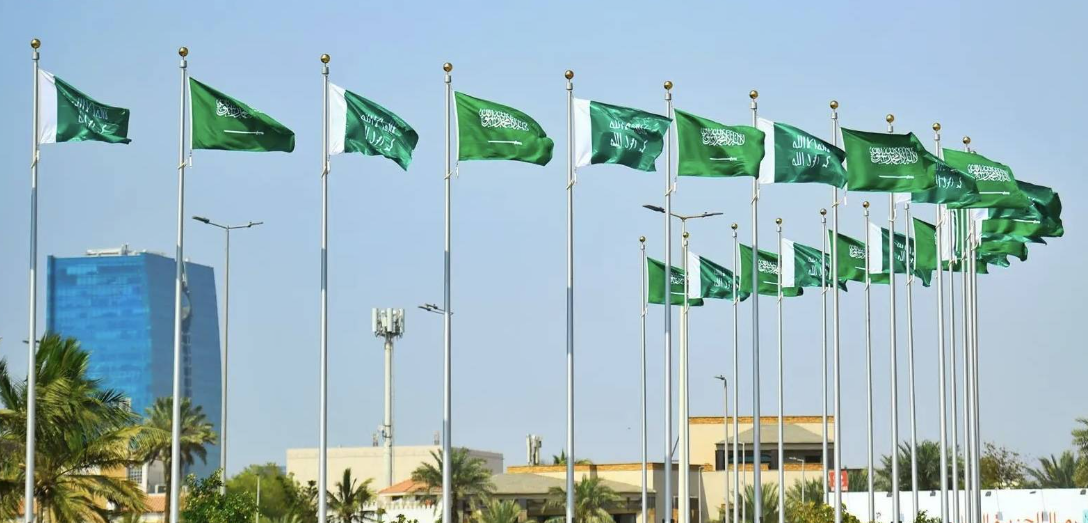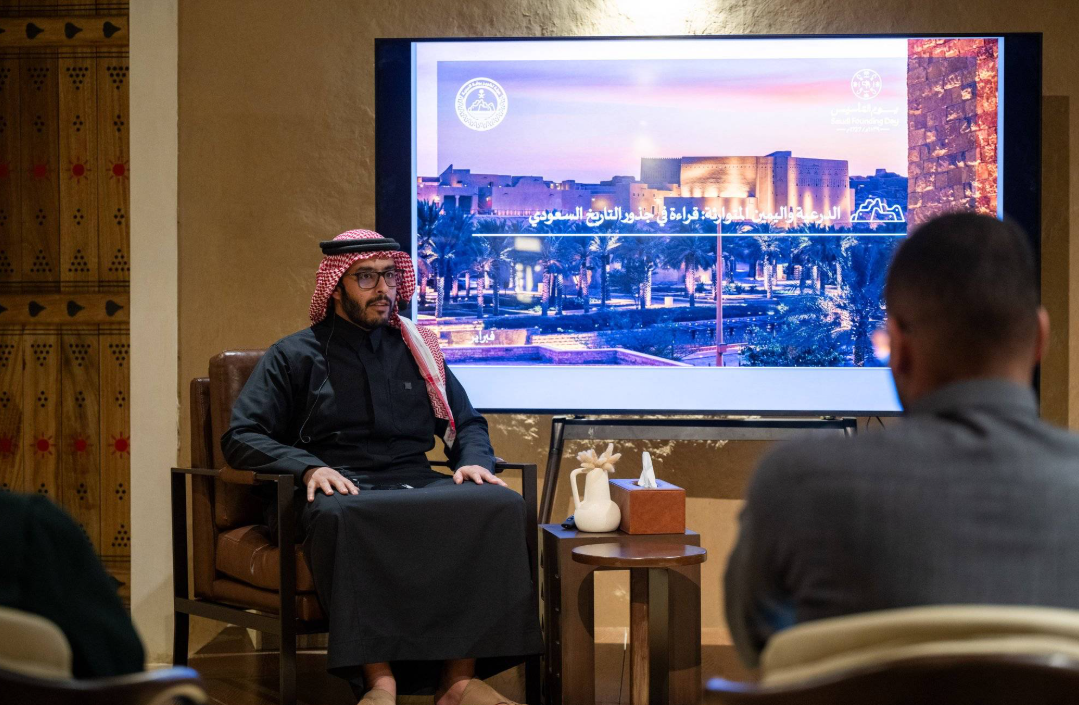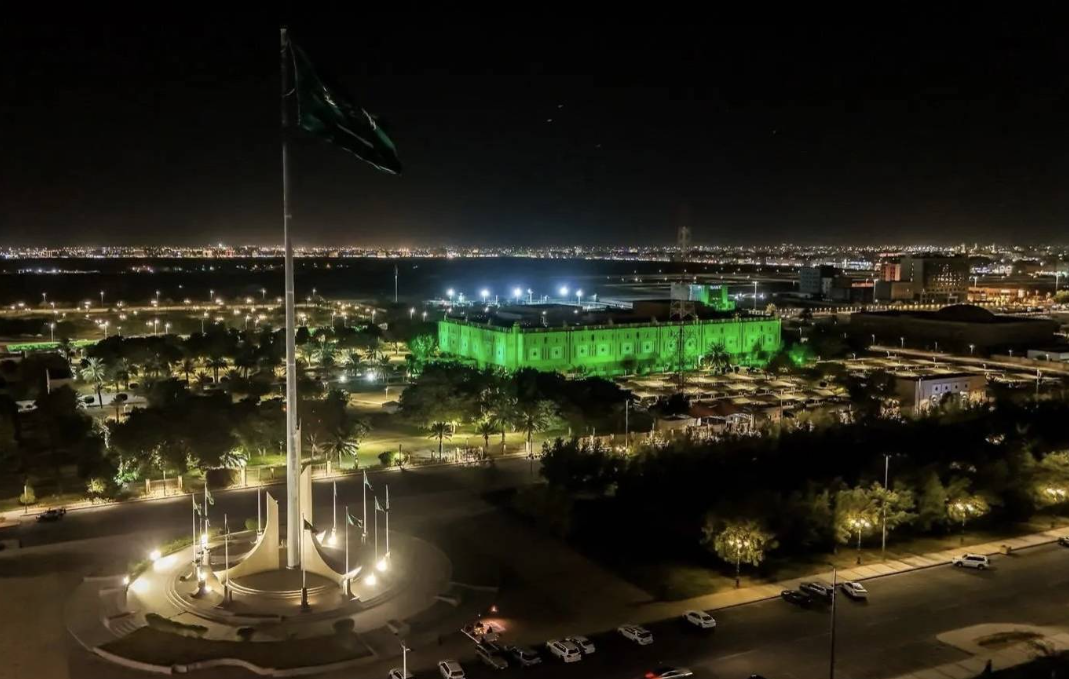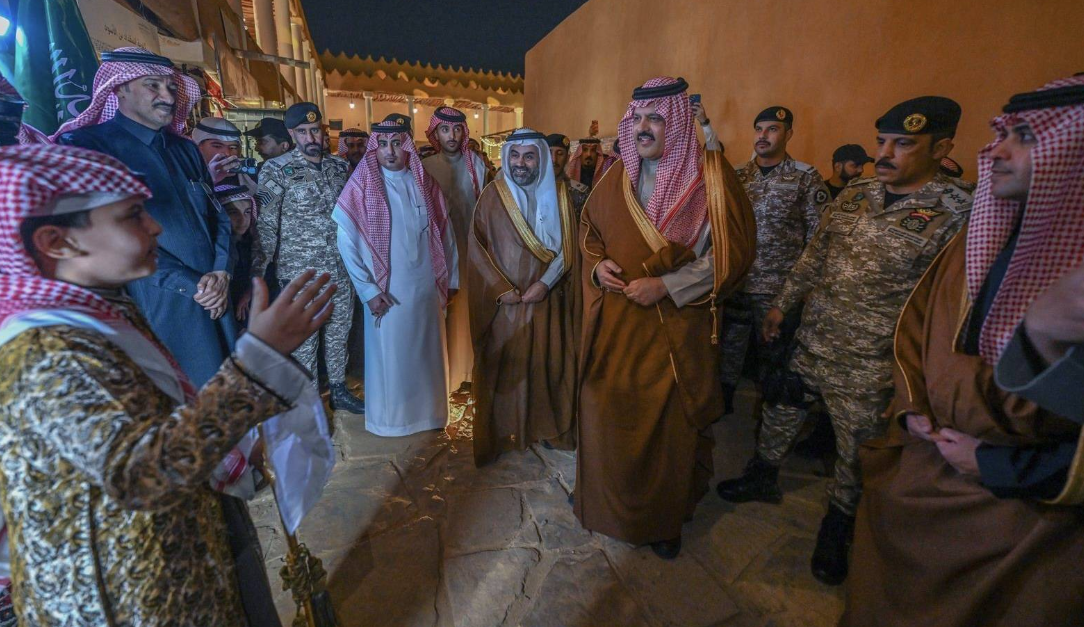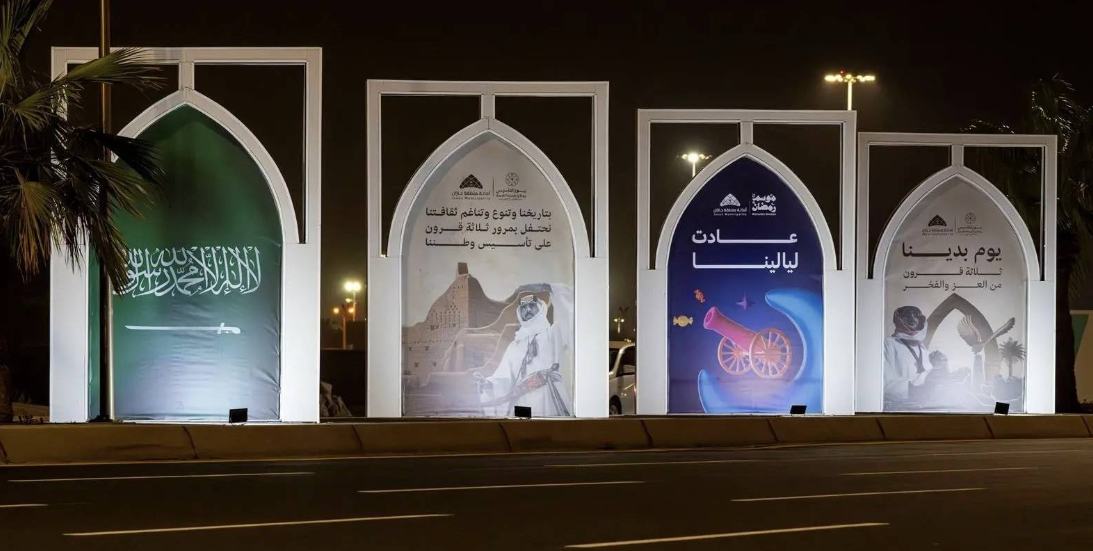In the heart of Homs, Syria’s third-largest city, the new Clock Square, nestled between the governorate building, the Teachers' Syndicate, and the Atassi Tower, reflects a slow yet noticeable return to life. The bustling markets, the flow of pedestrians and the modern vehicles all paint a picture of gradual recovery in the region.
However, just a few meters away, stark contrasts and remnants of war are visible in the neighborhoods of Khalidiya, Jouret al-Shiah, Baba Amr, Deir Ballaba and Al-Bayyadah.
Some of these areas were once the epicenter of peaceful protests, filled with music and dance, before the ousted regime’s security crackdown turned into all-out war.
In areas like Al-Wa’ar, from which the last batch of fighters withdrew, the price paid by the opposition to topple ousted President Bashar al-Assad is still etched in the city’s landscape.
At the crossroads of Al-Hamidiyah, Homs’ historic markets, the sounds of street vendors, the hustle of pedestrians and the blaring horns of cars and motorcycles fill the air amid heavy traffic. Trucks and vehicles are seen moving in and out of the gates of Old Homs, signaling the city’s recovery and return to the spotlight after years of war.
Eyad Abdullah, originally from Baba Amr, has just returned from 13 years of exile in Türkiye.

Strolling with his wife and children near the Clock Square, he spoke with joy to Asharq Al-Awsat: “I have three children - two sons and a daughter, who is 12 years old. They were all born outside Syria in refugee camps. Today, we are walking near the Clock Square, and we’re about to visit the old market.”
“It was all a dream, and now it’s come true,” Abdullah explained.
Sectarian tensions
Eng. Mihyar Khaddour, another individual Asharq Al-Awsat stopped to speak with, shared his concerns about the sectarian tensions left by the Baath regime.
Homs, a major hub of the revolution against Assad, was one of the cities where the regime used overwhelming force to silence opposition voices.
Khaddour emphasized: “If Homs remains trapped in sectarian divisions, we will not know peace. But if its people manage to restore it to its former state as a symbol of coexistence and diversity, it will be the greatest victory the people could achieve.”

Over 60% destroyed
Homs is one of the most devastated cities due to the shelling by forces loyal to Assad. In neighborhoods like Khalidiya, Deir Ballaba, Al-Bayyadah and Jouret al-Shiah, the destruction has surpassed 60%.
The city ranks third in terms of damage from military operations, following Aleppo and Eastern Ghouta near Damascus respectively.
The devastation is evident in the heavily damaged buildings, many of which have not seen their residents return, with only a few returning more than two months after the fall of the regime.
The return of stability to Homs has opened a new chapter for local shop owners and artisans, allowing them to resume businesses passed down through generations.
Abdel Bastet Al-Frawati, who owns a shop in the historic Arab fur market, shared that many business owners and tradespeople returned after the fall of the regime.
“We went through difficult days and months, with little work and challenges in purchasing leather from abroad or shipping it from Damascus,” he said.
“But today, the markets are once again connected, and traders can buy and sell across Syria and neighboring areas,” he explained.






